1. North Korea

North Korea’s animosity towards the U.S. has been well-documented, primarily due to decades of military tension, the Korean War, and the ongoing standoff over nuclear weapons. The U.S. is often portrayed as the “Great Satan” in state propaganda.
2. Iran

Relations between Iran and the U.S. have been strained since the 1979 Iranian Revolution and the subsequent hostage crisis. The animosity deepened with sanctions, military interventions in the region, and disagreements over Iran’s nuclear program.
3. Russia

Russia’s relationship with the U.S. has fluctuated, but since the Cold War, tensions have remained high. The annexation of Crimea, accusations of interference in elections, and military support for opposing factions in conflicts like Syria have only intensified this rivalry.
4. China

The U.S.-China relationship is complicated, balancing cooperation with competition. However, issues like trade wars, human rights concerns in Xinjiang, and military presence in the South China Sea have left China wary of American influence.
5. Venezuela

Venezuela’s government has long had a contentious relationship with the U.S., particularly under the leadership of Hugo Chávez and Nicolás Maduro. U.S. sanctions, support for opposition movements, and oil interests have fueled resentment.
6. Cuba
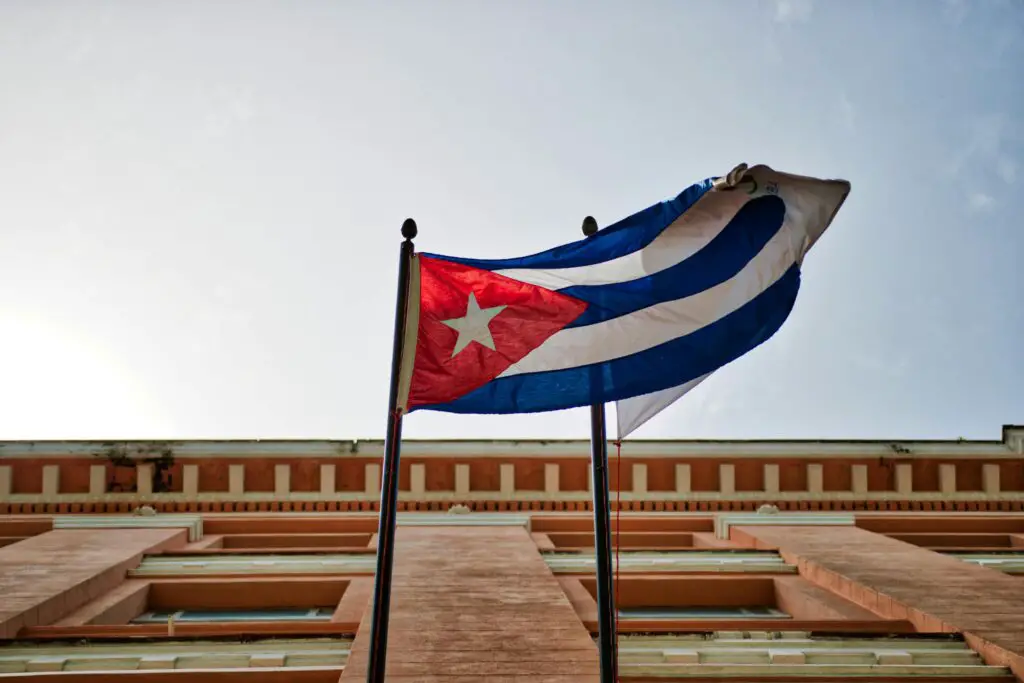
For decades, Cuba has been at odds with the United States, especially after the Cuban Revolution in 1959. The U.S. embargo, Cuba’s designation as a state sponsor of terrorism, and Cuba’s support for anti-American movements around the world have sustained this strained relationship.
7. Afghanistan

Afghanistan has seen many years of conflict with the U.S. military presence, especially following the 2001 invasion. While many Afghans initially supported the U.S. for its efforts against the Taliban, the prolonged military occupation and chaotic withdrawal in 2021 left many disillusioned.
8. Iraq
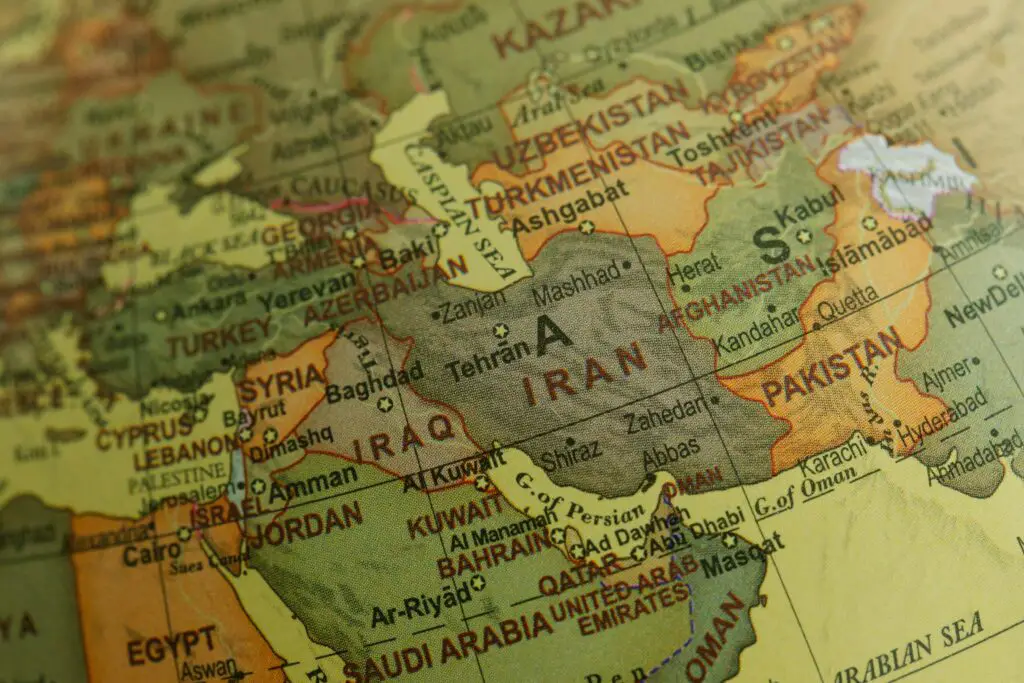
Iraq’s hatred for the U.S. reached a boiling point after the 2003 invasion, which led to years of violence and instability. The U.S. military’s presence, perceived imperialism, and the rise of extremist groups like ISIS have left scars on the relationship.
9. Pakistan

Although Pakistan is a strategic ally in the War on Terror, anti-American sentiment runs deep in the country. Military interventions in neighboring Afghanistan, drone strikes, and the perception of U.S. hypocrisy have fueled resentment toward the U.S. government.
10. Saudi Arabia

While Saudi Arabia and the U.S. have maintained an important economic relationship, especially over oil, the U.S. has been criticized for its handling of human rights issues in Saudi Arabia, especially regarding the murder of journalist Jamal Khashoggi and its stance on the Yemen conflict.
11. Turkey
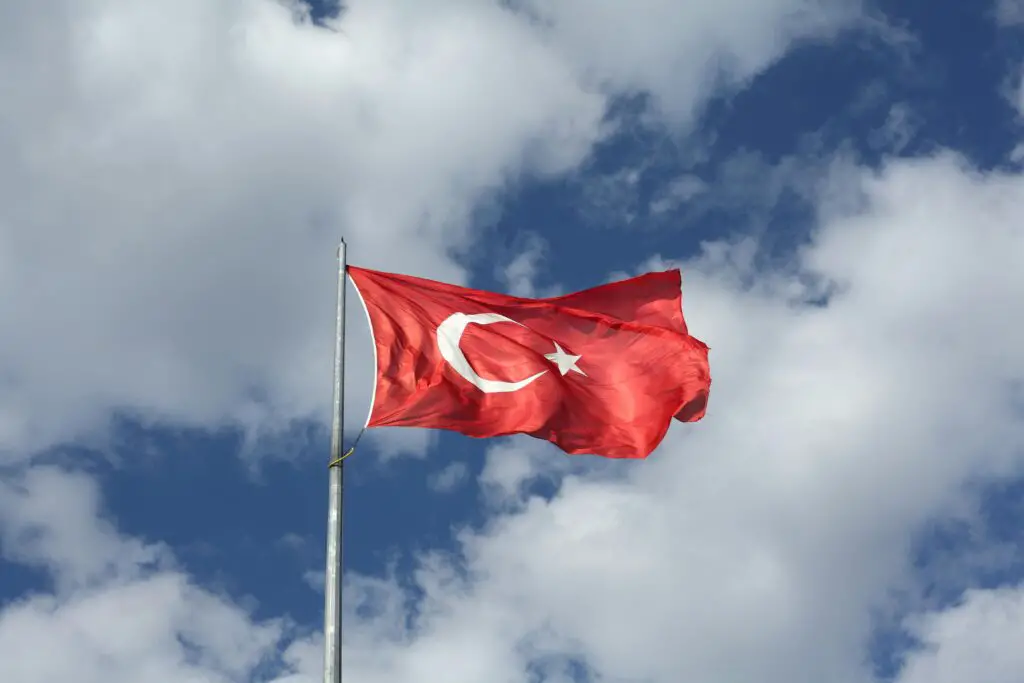
Turkey’s complicated relationship with the U.S. stems from disagreements over Syria, especially the U.S.’s support for Kurdish forces. Tensions also arose after the failed 2016 coup attempt, when the U.S. was accused of harboring the exiled cleric Fethullah Gülen.
12. Syria
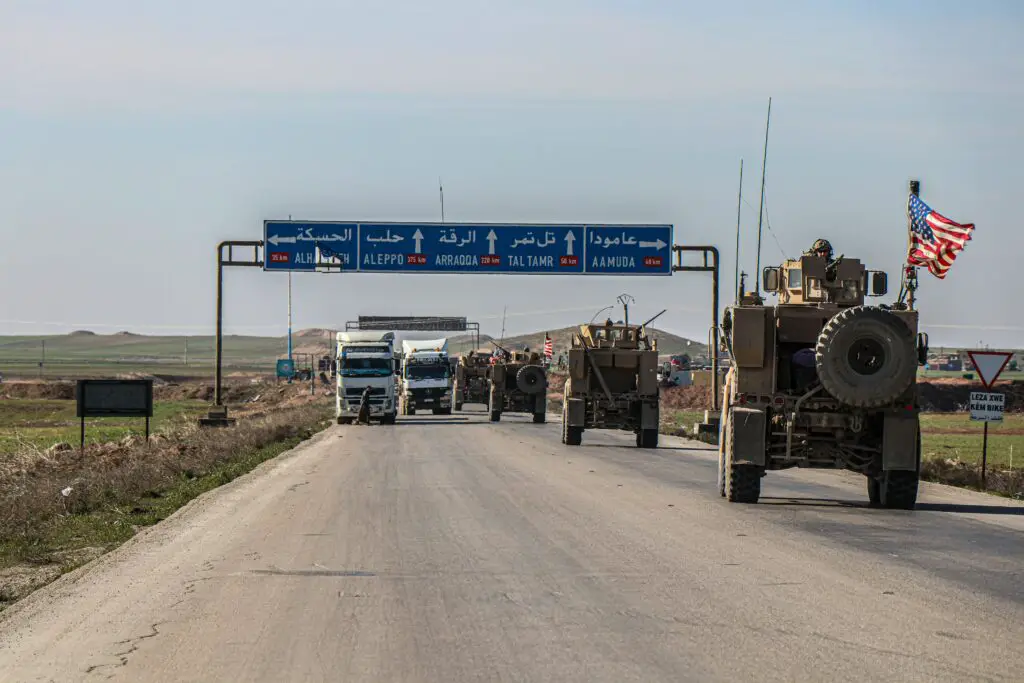
Syria’s hostility towards the U.S. has been growing since the U.S. supported opposition forces during the Syrian Civil War. With U.S. sanctions and military interventions against the Assad regime, Syria’s government has maintained a fierce stance against American policies.
13. Egypt

While Egypt has been an ally to the U.S. in the Middle East, there is a significant undercurrent of anti-American sentiment. U.S. support for Israel, along with its handling of Egypt’s human rights issues, has generated frustrations among many Egyptians.
14. Lebanon

The U.S. is often seen as a major player in Lebanon’s ongoing political struggles, particularly because of its support for Israel during the conflicts with Hezbollah. These tensions have led to a growing disdain for American interference in Lebanese affairs.
15. Jordan

Though Jordan maintains a relatively cordial relationship with the U.S., anti-American sentiment still runs high among some Jordanians, largely because of the U.S.’s foreign policies in the Middle East, especially its support for Israel.
16. Brazil

Brazil’s anti-American sentiments have been rising, especially under its recent political shifts. The U.S. is often blamed for interfering in Latin American affairs and pushing neoliberal policies that critics argue harm the region’s economy and social systems.
17. India
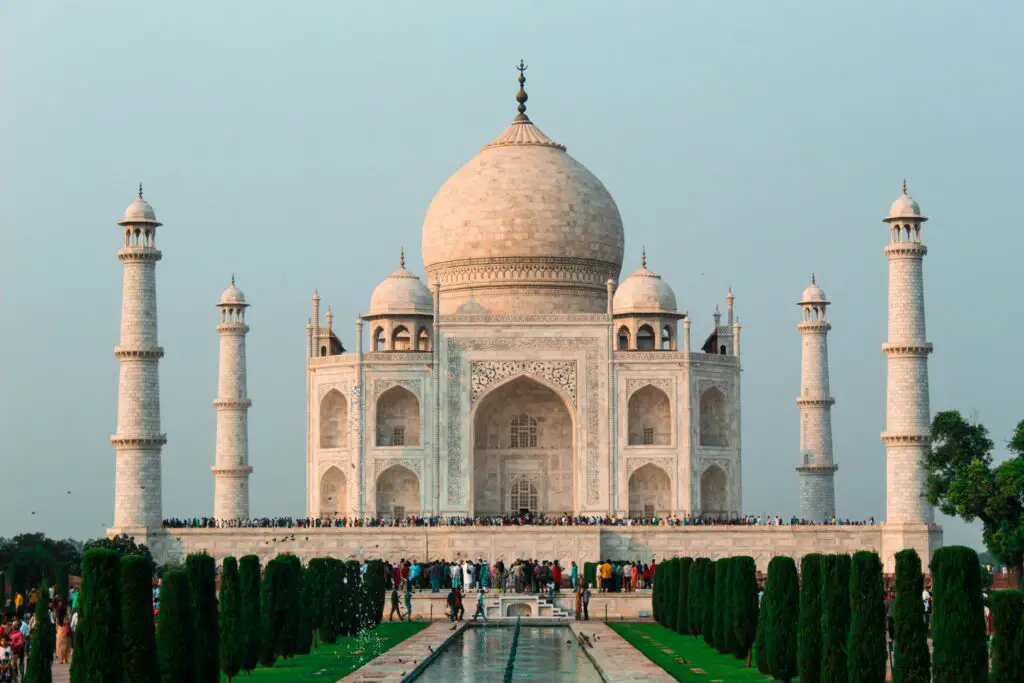
While relations between India and the U.S. have warmed in recent years, there is still a historical distrust, especially due to the U.S. backing Pakistan in past conflicts and its heavy-handed approach to global politics. Some Indians view the U.S. as a threat to their sovereignty.
18. Zimbabwe
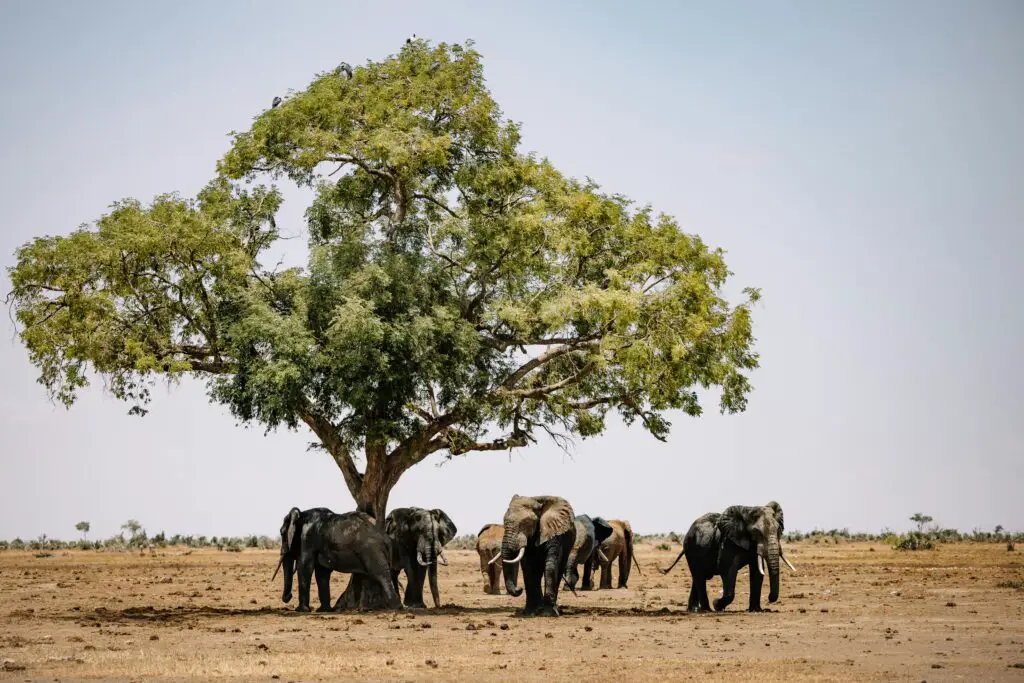
Zimbabwe’s relationship with the U.S. soured significantly under the leadership of Robert Mugabe, with U.S. sanctions and criticisms of the country’s human rights record. The U.S. is seen as meddling in the internal affairs of Zimbabwe, which has led to a lasting dislike.


